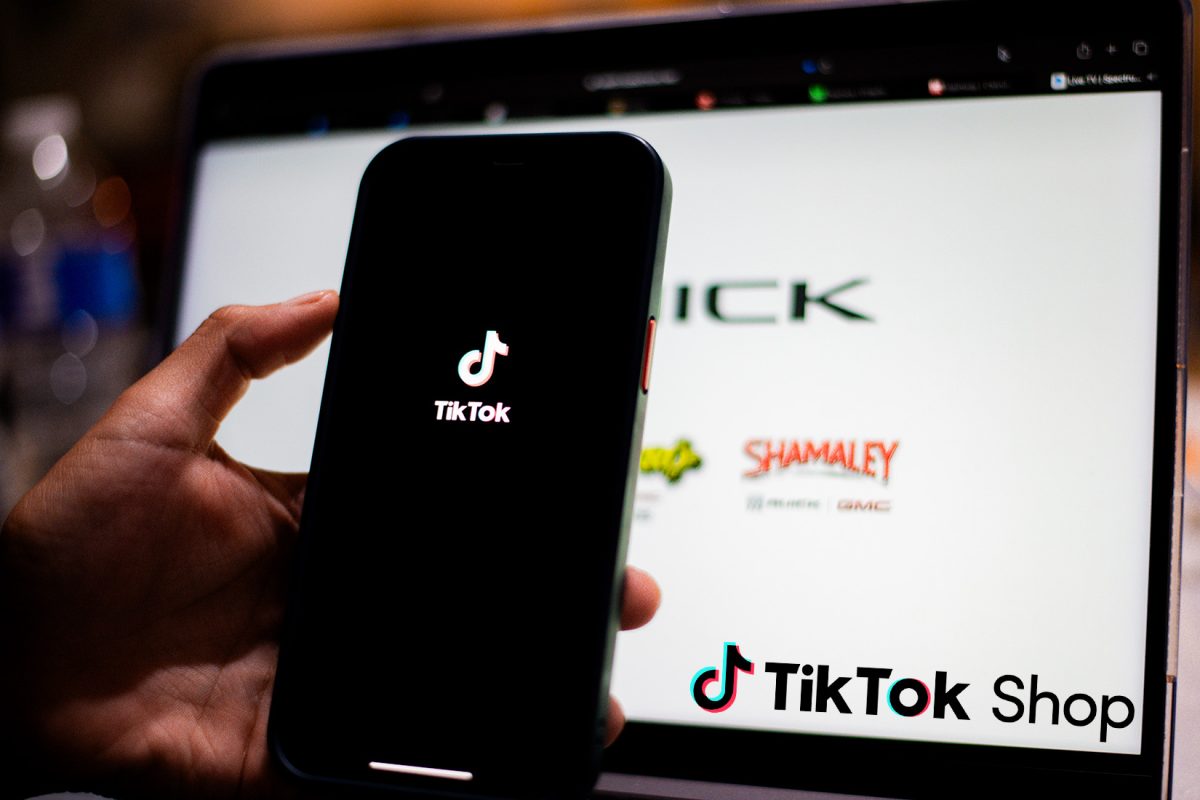Littered on social media are a variety of different shopping apps. Tik Tok, Instagram, Facebook, etc. have been infiltrated by major discounted, Amazon-like apps such as Temu, Wish, Shien and now Tik Tok Shop. “30%-99% off entire store,” “Free Shipping on all orders!” and “Invite five friends and your first purchase is for free!” are some of the attractive offers these apps advertise.
At first glance, these apps seem like a dream. Unfortunately, reality only hits select users when they do not get what they expect or were promised. However, this is not the fate of all users as there is a variety of customers who have claimed that shopping from Temu, despite its products being low as 39 cents, have not gotten scammed.
“If something seems too good to be true, it usually is,” stated a review from the app store. “Don’t fall for their free items, [its] fake advertisement!”
On the contrary, there are also reviews that also praise the app.
“I have spent about $150 so far on Temu, I have loved everything so far,” stated another customer. “I love getting a deal, so Temu is my place to shop.”
What exactly can be concluded about these shopping apps when the reviews are mixed? These reviews leave customers conflicted because of the uncertainty of their purchase.
News of these possibly fraudulent apps have piqued the interests of many American news stations, which has prompted them to investigate whether these companies are safe to buy from. The susceptibility of fraud when downloading Temu, Wish, Shein, etc. is well known amongst the public, but people still take the risk of getting their discounted items.
According to The Washington Post, their interview with Tik Tok Shop user Becky Entrican, showed a negative light.
“I feel like I’m pretty good at recognizing scams normally,” Entrican said.
She says her experience with Tik Tok Shop gave a bad impression. Entrican says she ordered a shirt from the app in February, and reportedly never received anything to this day.
“I haven’t (bought)anything from Tik Tok since then,” Entrican said.
A bad shopping experience can taint a customer’s mind, giving hesitation whenever buying from the store again. On the contrary, good impressions can also remain in the customer’s mind leaving the desire to buy more.
For example, Jesica Love, majoring in financing and minoring in accounting at UTEP, says she has purchased over 30 things on Temu.
“The clothes were actually really good,” Love said. “I wouldn’t compare them to designer clothes, but I would compare them to Walmart [or] Target.”
From clothes to dog toys, Love says she was able to buy a variety of things on Temu.
“[Temu has] good prices, especially for the things I needed,” Love said. “The things I do buy, I’m not expecting a lot, but it came back good quality.”
Buying one dollar clothing inevitably fails expectations from buyers, leading many to immediately donate them. In a previous report by The Prospector, the fast fashion market has created a negative impact on the environment. One problem being that of excessively cheap clothing ending up in landfills because of the quality. Temu, Wish, Shein and Tik Tok Shop have all contributed to the fast fashion craze.
Stephanie Villanueva, who is a graduate student studying economics and data analytics at UTEP, says that although it may be tempting to buy cheap clothing, especially with the recession, buying branded clothing is a better investment.
“My point of view of fast fashion is [that it’s] deteriorating to the planet, for us financially as well,” Villanueva said. “There is always a stigma to fit in and wear the latest clothing or latest accessories. I saw a lot of videos of the landfills full of Shein Stuff that’s returned, dumped or that’s defective, which a lot of their stuff is defective.”
Viewing products that are under a dollar can be enticing to buy, but customers should possibly expect disappointment. Because these apps have foreign origins, accusations of data stealing have been frequent. With an interview with CNBC, Grizzly Research claims that due to Temu’s origins outside of the U.S, it is, “cleverly hidden spyware that poses an urgent security threat to U.S National Interests.”
Commentary like this gives these stores a controversial reputation to the public. With equal amounts of hate and praise, a customer can only buy a product to form their own opinion. Temu, Shein, Wish and Tik Tok Shop have remained silent over these accusations. While the United States is starting to have a growing suspicion of these stores, consumers remain to take the risk to buy their dollar-or-less clothing.
Sofia Sierra is a contributor and may be reached at [email protected]









